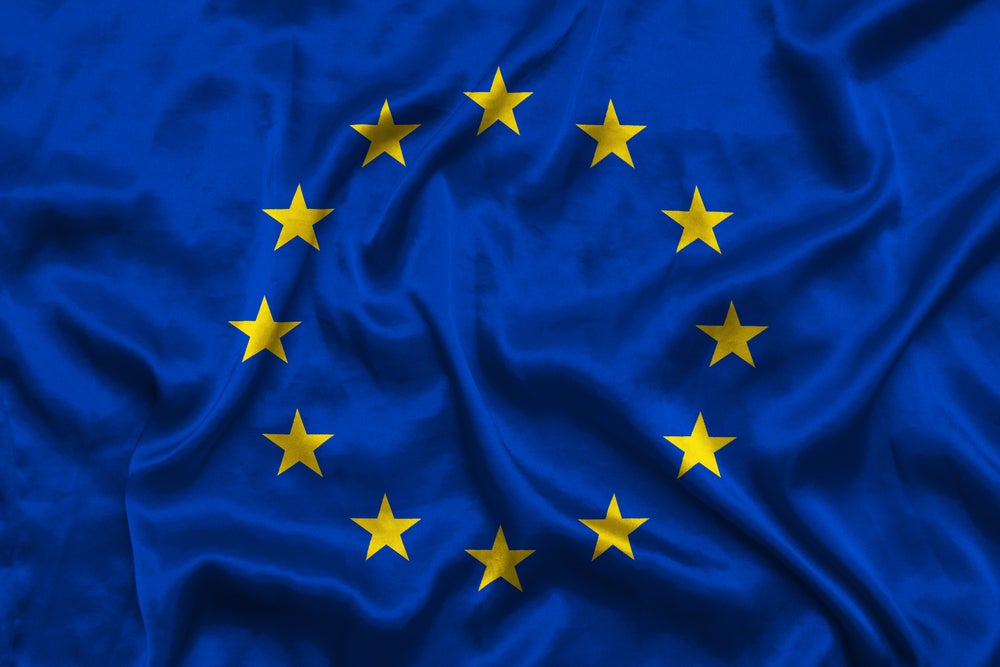
The agreement represents a significant update to the draft proposal of a list of prohibited commercial practices within the EU, published in March, addressing concerns related to greenwashing marketing tactics and striving to foster informed consumer choices.
A notable aspect of the EU’s ban on greenwashing and enhancing consumer awareness of product durability is the emphasis on making guarantee information more conspicuous, with parliament rapporteur Biljana Borzan highlighting that “60% of European consumers are not even aware a legal guarantee comes with all products” or that they are accompanied by a minimum two-year guarantee.
The European Commission will be tasked with developing a new label to recognise producers who voluntarily extend their product guarantees at no extra cost.
Borzan explains: “A new extended guarantee label will show clearly which products last longer, so it will be easier to buy more durable products… and have also negotiated a strong stance on early obsolescence, we shouldn’t advertise products that fail too early.”
What fashion brands and retailers can no longer do under the new EU law
Under the new regulations, the following practices will be prohibited:
- Generic environmental claims, e.g., “environmentally friendly”, “natural”, “biodegradable”, “climate neutral” or “eco”, without proof of recognised excellent environmental performance relevant to the claim.
- Commercial communications about a good with a feature that limits its durability if information is available on the feature and its effects on the durability.
- Claims based on emissions offsetting schemes that suggest a product has a neutral, reduced, or positive impact on the environment.
- Sustainability labels lacking validation from approved certification schemes or established by public authorities.
- Durability claims regarding usage time or intensity under normal conditions, if not proven.
- Encouraging consumers to replace consumables, such as printer ink cartridges, prematurely.
- Presenting software updates as necessary even if they only enhance functionality features.
- Falsely presenting products as repairable when they are not.
Borzan states that in addition to this Parliament is “clearing the chaos” of environmental claims which will now have to be “substantiated, and claims based on emissions offsetting will be banned.”

US Tariffs are shifting - will you react or anticipate?
Don’t let policy changes catch you off guard. Stay proactive with real-time data and expert analysis.
By GlobalDataA vote by Members of the European Parliament (MEPs) is anticipated to occur in November, for the provisional agreement to become law. Once the directive is enacted, member states will have a 24-month window to integrate the new regulations into their national laws.



